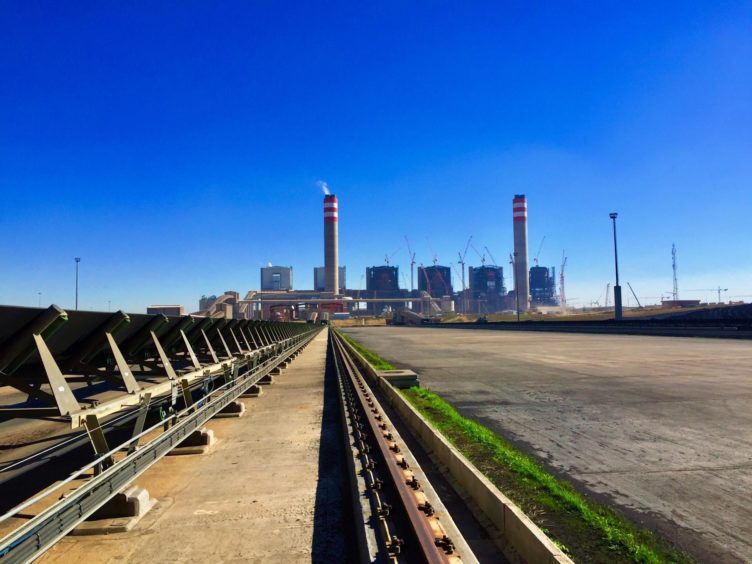
South Africa has launched a consultation looking at regulations around onshore oil and gas development, using hydraulic fracturing.
The country had a flurry of interest around 10 years ago. A number of international explorers expressed interest in the shale gas potential of the Karoo Basin.
Local opposition, and slow moving administration, saw this interest extinguished with little actual exploration.
Now, Minister of Forestry, Fisheries and the Environment Barbara Creecy has asked to hear from the public.
The environment department issued the proposal on July 11. The public have 45 days, until the end of August, to submit insights.
The ministry said it was working on setting minimum requirements for applications, permits and licences for onshore fracking. These must align with the National Environmental Management Act (NEMA).
The Department of Forestry, Fisheries and the Environment (DFFE) said the regulations would set out prohibited activities and areas.
These “include the use of potable water for hydraulic fracturing activities and the use of municipal water treatment facilities for the disposal of wastes from hydraulic fracturing operations”.
Opening up
Companies would need environmental authorisation for each phase of the process, from seismic surveys, to fracking and production.
The regulations aim to make it easier to pursue operations, by giving just one set of rules to follow.
Proposed regulations set a number of requirements for potential operators, including on reporting data on frack fluids. Those who fall foul of the requirements face a 10 million rand ($590,000) fine or imprisonment for up to 10 years.
The Support Centre for Land Change called on its supporters to oppose the plans.
Many Karoo communities are “already totally reliant on underground water qualifies the risk of fracking fluids leaking into the underground water table as an imminent threat to life in the Karoo. In addition to the probable contamination of our water resources, fracking will also put the air- and soil quality at risk.”
Recommended for you

